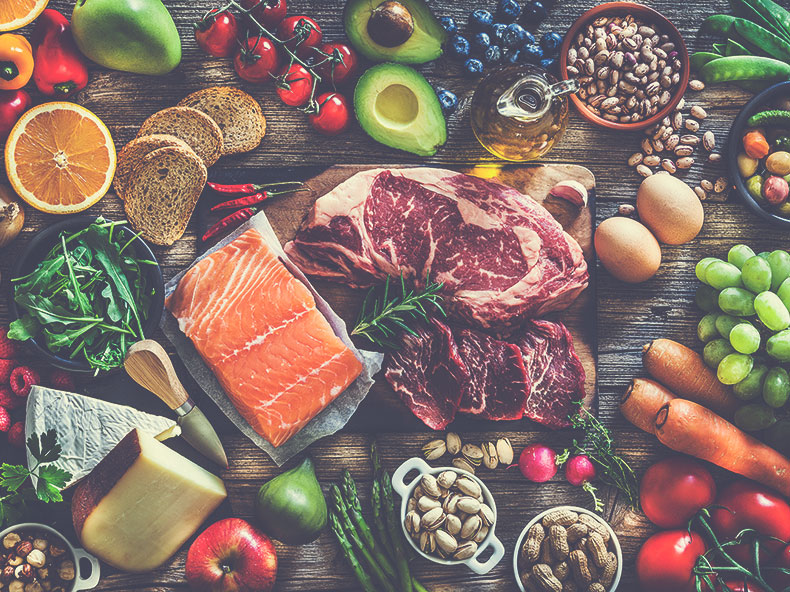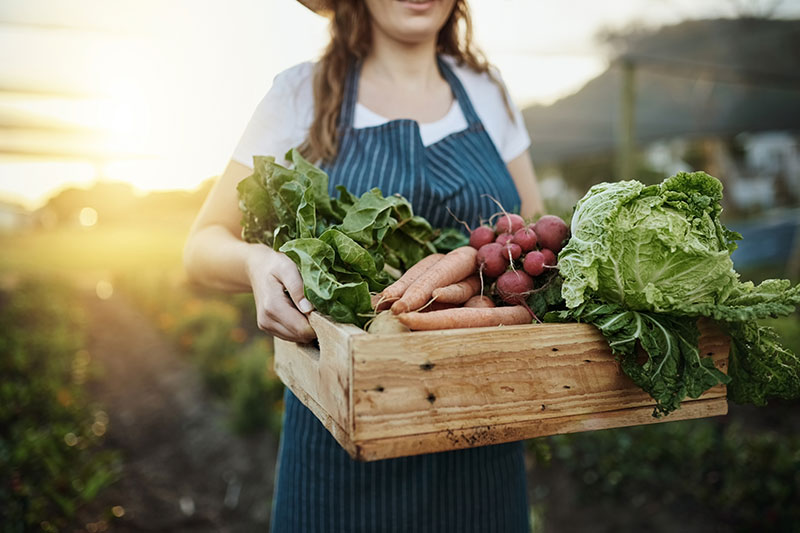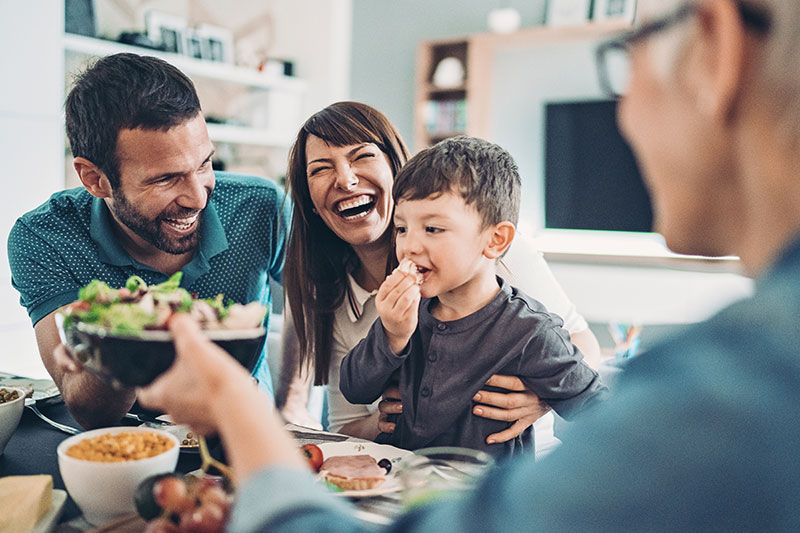Organic September
1st September 2021
1st September 2021

This month is Organic September. The month-long UK-wide celebration of organic food, textiles and other products, capitalises on the desire for a green recovery from Covid-19 and calls for a sustainable, planet-centric approach to production.
The Organic Trade Board and The Soil Association have been working with many brands and retailers to help encourage shoppers to reconnect with nature, share facts about organic farming, or make a small swap.
The Organic Trade Board started in 2009 with a mission to grow the market for organic produce in the UK. They are an independent non-profit membership organisation with over 140 members across the organic industry from brands to producers, retailers and certifiers. Choosing organic means:
Organic takes a ‘whole system’ approach to farming and food production. This means farming in a way that aims to support our whole food system, from soils and farm animals to the health of people, nature and the planet.
Organic farming is based on nourishing the soil. Keeping soils fertile and preventing soil erosion is a challenge for all farmers. Instead of using artificial fertilisers, organic farmers look after their soils using manure, compost, ‘cover crops’ and crop rotations.
Around the world, we are losing soil much faster than it’s formed, alarmingly between 10 and 40 times faster. 95% of our food production relies on soil, so it has never been more crucial to farm in a way that protects and preserves it.
Organic farms are havens for wildlife and provide homes for bees, birds and butterflies. On average, plant, insect and bird life is 50% more abundant on organic farms. Organic farms are home to 30% more species of wildlife on average. For every 10% increase in bee friendly habitats – like that found on organic farms – bee numbers and diversity increase by over a third. If pesticides were substituted for more sustainable farming practices (like organic), this could slow or reverse the decline in insects.
Animal welfare is one of the most important aspects of organic farming. Organic standards insist that animals are given plenty of space and fresh air, and that they are raised in conditions that suit their natural behaviour. Smaller flocks and herds, and more access to the outdoors means organic animals don’t have to be routinely treated with antibiotics and wormers.

The impact of the Covid-19 pandemic has changed the way many of us shop, with an increase in organic choices. A survey conducted for Organic September has revealed:
However, despite these encouraging figures, there are still many misconceptions surrounding organic products. 1 in 6 people (16%) believe organic produce is no different to non-organic and almost half (46%) of Brits think ‘natural’ or ‘free range’ is as good as organic.
“Our survey has uncovered some really interesting insights about consumer opinions. There are so many good things about choosing organic but plenty of misconceptions too. The organic movement helps protect our environment, our soils and our wildlife and has sustainability at its heart. Reconnecting with nature, sharing facts about organic farming, or making a small swap are all ways shoppers can get involved with this year’s Organic September campaign.”
– Harriet O’Regan, Marketing Director of the Organic Trade Board
According to the survey the top five organic foods Brits would most like to swap in September are:

The Pantiles is the perfect venue to indulge and stock up on organic produce. Many of our restaurants, bars and cafes pride themselves on their selection of organic food and drink for diners. Plus, our stores are a veritable feast of organic goodies, which you can take away and savour in the comfort of your own home!
The Zero Waste Company, as an example, works alongside a local farm to offer fresh seasonal fruit and vegetables, and a zero waste florist for beautiful flowers without the cellophane. The store’s aim is to provide a zero waste environment for customers, offering refill stations on bulk goods, household and personal toiletries, as well as ethical vegan make up, perfume and accessories.
Whether you are looking for an eco-solution to your shopping or a place to chill with some like-minded individuals, the team at Zero Waste have it covered.
The newest addition to The Pantiles, Oliver Greens, is another haven of organic delights. Offering a wide variety of seasonal fruit and vegetables, local cheese and chutneys, as well as a selection of meats and fresh flowers.
However you choose to celebrate Organic September, be sure to visit The Pantiles for some mouth-watering morsels!
#OrganicSeptember #ChooseOrganic